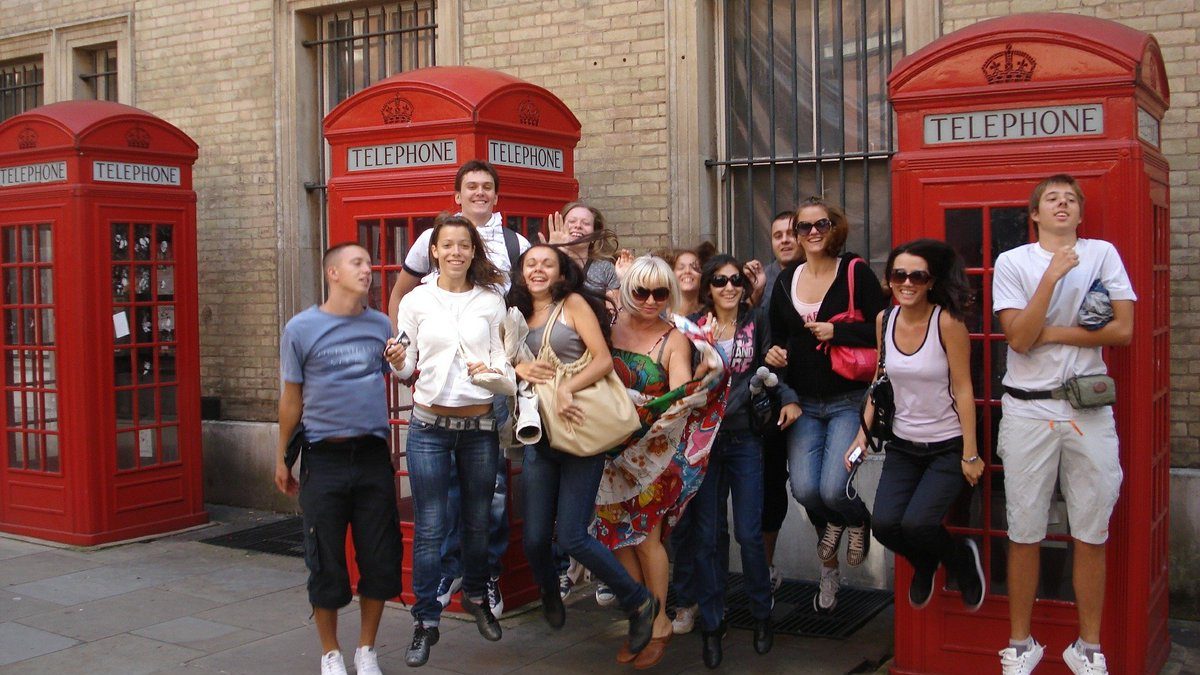
The language of London workers
The dialect such as tagalog to english grammar translation has a number of distinctive features that are known to many Englishmen, since it is quite widespread. Some linguistic students are concerned that the Cockney dialect will not find its place among living English in the future due to the influence of London immigrants of various nationalities, introducing their own regional jargon and speech patterns into the Cockney.
The earliest mention of the term “Cockney” was recorded in 1362 in the work of William Langland “William’s Vision of Peter Pahar”, where the word meant a small egg of irregular shape. In Geoffrey Chaucer’s Tale of a Major-Domo (circa 1386), the word “cokenay” appears, meaning a spoiled child, a pampered boy, or a spineless person. By 1521, the word was widespread among the village population and was used as a contemptuous reference to the pampered city dwellers. Also, the term was applied to young men in prostitution.
There is a version that the word “Cockney” was used to refer to people living in densely populated, dirty cities where various diseases spread easily. It was only in the 17th century that Cockney became a distinctive accent of the working class of London (especially its eastern outskirts).
Francis Grose, in his “Classical Dictionary of the Common Speech” (1785), describes the origin of the term in question with the following story: once a Londoner, being in the village, heard a neigh, and exclaimed “Oh, God! How this horse laughs! ” The one standing next to him explained to him that such a sound is called neighing. The next morning, when the cock crowed, the man, to show that he had not forgotten what he had said the day before, cried out: “Do you hear the rooster neigh?” (Do you hear how the Cock Neighs?).
However, given the previously mentioned meanings, this story is most likely not reliable.
By official definition, a Cockney is any person born within earshot of the bells of St Mary-le-Bou.
The Cockney dialect has certain characteristics. The main ones include the dropping out of the letter “H” from many words, double negation, contractions, changing places of consonants, which significantly changes the sound of the word. In addition, many consonants or letter combinations are replaced by other sounds, such as “frushes” instead of “thrushes”. In some cases, the final consonant in the word also falls out, for example, “ova” instead of “over”. Many features of speech betray belonging to the lower social class in Cockney speakers. For example, using “me” instead of “my” in sentences is considered not knowing English.
For a Cockney speech, you can listen to Eliza Doolittle talk in “My Fair Lady” before meeting Henry Higgins.
One of the unique features of Cockney speech is rhymed slang. Although rhymed slang is not used as intensely as some imaginative people might imagine, it is still fairly common in everyday speech. In rhymed slang, a word is replaced with an expression containing a word that rhymes with the original word, such as “dog and bone” instead of “telephone.”
One of the funniest features of Cockney rhymed slang is that the meaning of the simplest sentences can become incomprehensible to non-Cockney speakers. The fact is that a word is replaced by an expression from a pair of words, the second of which rhymes with the original word, and then the rhyming part is omitted. For example: head> loaf of bread> loaf (piece), hence “piece” in Cockney means head.
The following is an example of a Cockney native speaker speaking in dialect and in Traditional English.
Cockney: ‘Allo me old china – wot say we pop round the Jack. I’ll stand you a pig and you can rabbit on about your teapots. We can ‘ave some loop and tommy and be off before the dickory hits twelve.
English translation: Hello my old mate (china plate) – what do you say we pop around to the bar (Jack Tar). I’ll buy you a beer (pig’s ear) and you can talk (rabbit and pork) about your kids (teapot lids). We can have some soup (loop the loop) and supper (Tommy Tucker) and be gone before the clock (hickory dickory dock) strikes twelve.
Cockney speech is very difficult to understand even for English people, let alone Americans or non-native speakers of English, as the dialect is filled with rhyming slang substitutes, lower-class lexical units, and vowel or consonant repositioning, which makes words unrecognizable to the listener. A strong Cockney accent sounds almost like another language. When trying to imitate Cockney, it is important to do it with caution, since the dialect is rather unstable, especially when using rhymed slang. Mimicking Cockney speech by the “uninitiated” can be confusing or even amusing to speakers of the dialect.